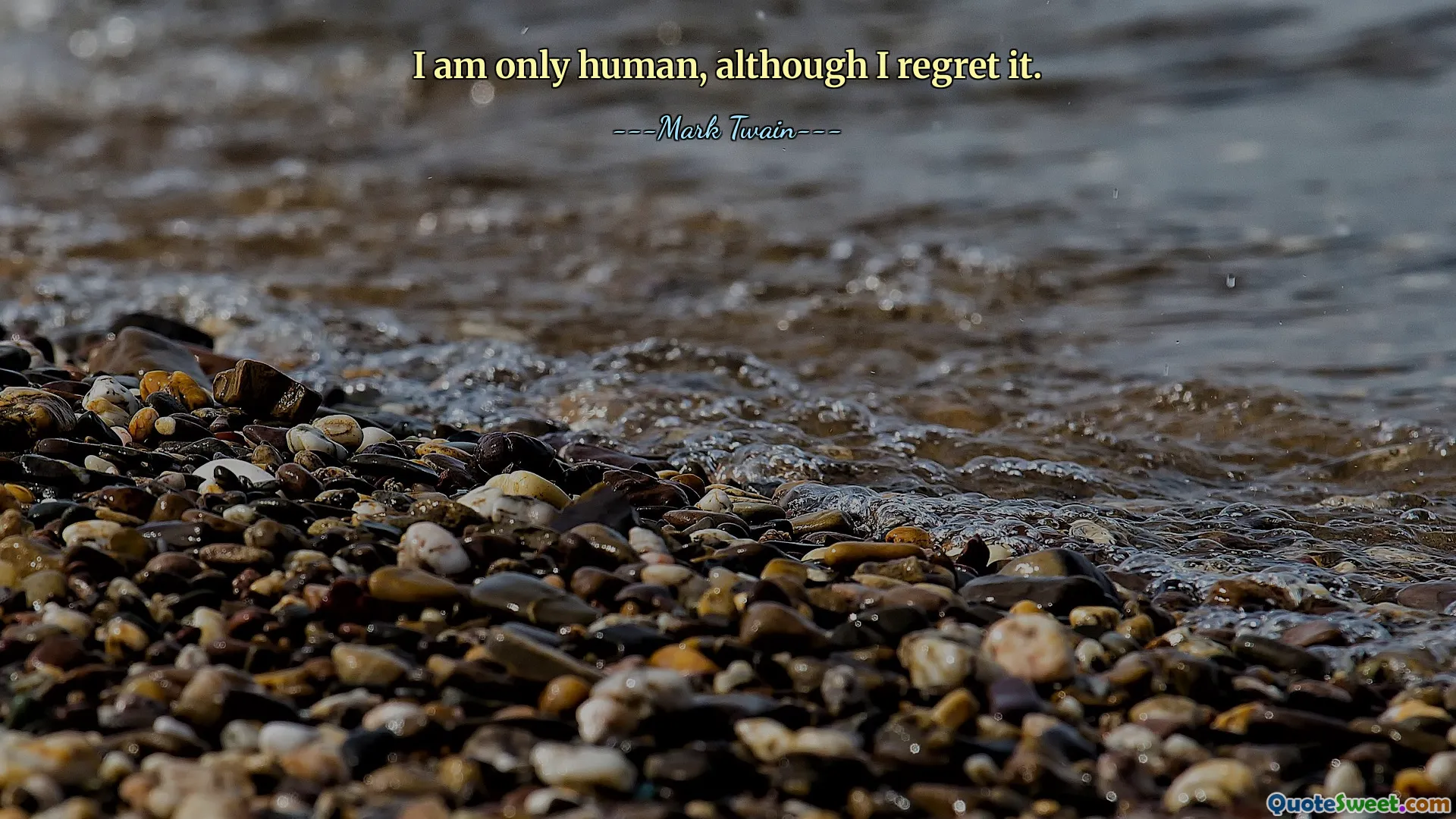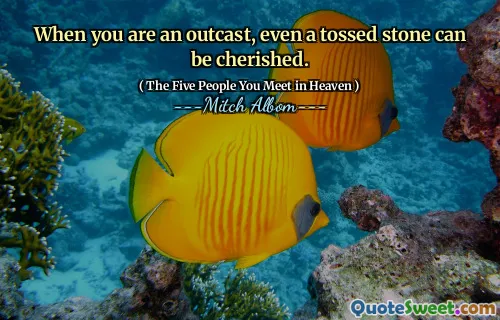
I am only human, although I regret it.
This quote encapsulates the inherent imperfections of human nature and the subsequent feelings of remorse or regret that often accompany our mistakes. It acknowledges our limitations, emphasizing that being human means embracing flaws, vulnerabilities, and errors as natural components of our existence. The phrase resonates universally, reminding us that perfection is an unrealistic expectation and that compassion should first be directed inward. The admission of regret follows from the acknowledgment of human fallibility, implying a sense of accountability and self-awareness. It invites reflection on how we handle regrets and the importance of understanding our own imperfect nature. Recognizing that regret is a natural response fosters empathy, both towards oneself and others, reinforcing the idea that errors are valuable opportunities for growth rather than mere failures. Embracing our humanity with all its shortcomings encourages humility and resilience, enabling us to learn from our experiences rather than be overwhelmed by them. Ultimately, this quote underscores the importance of kindness, patience, and forgiveness in our personal journey, emphasizing that regrets are part of the shared human experience. By accepting our imperfections, we can lead more authentic and compassionate lives, making peace with the inevitable mistakes along the way.






